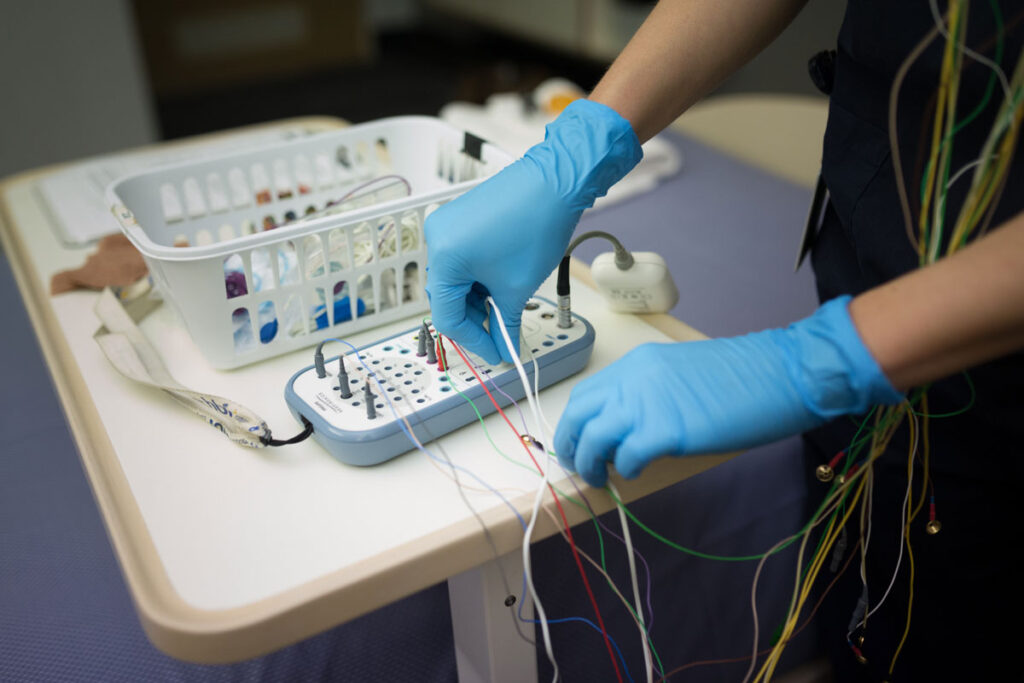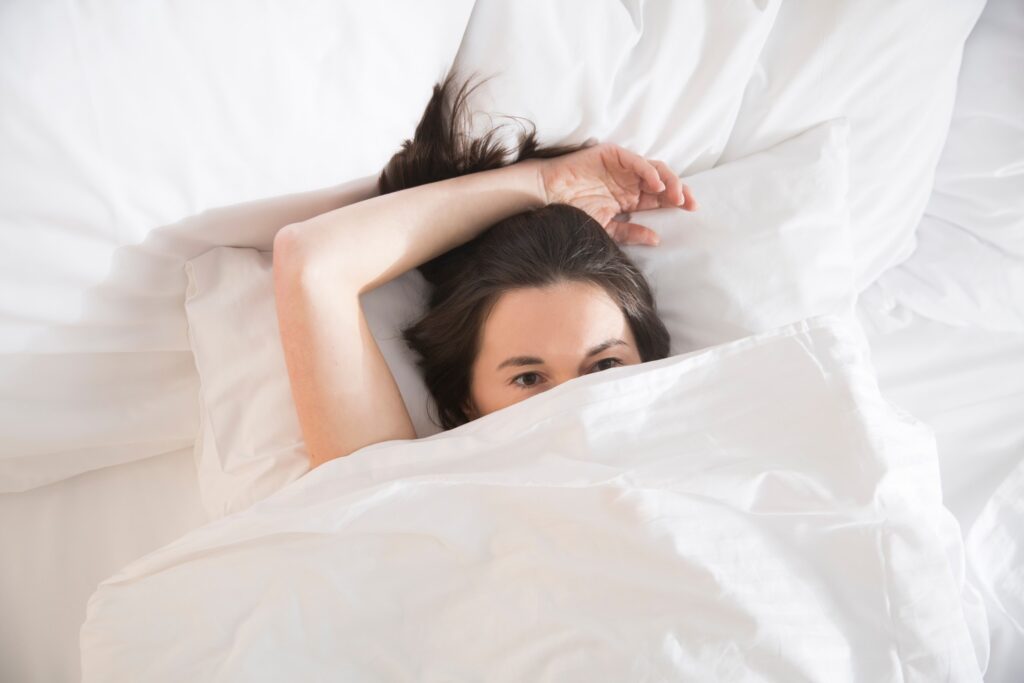Sleep tests are medical procedures that help diagnose sleep disorders and evaluate the quality of a person’s sleep. In Perth, there are various sleep centers and clinics that offer these tests to help individuals understand and address their sleep-related concerns. If you’re considering undergoing a sleep test in Perth, it’s important to have a good understanding of what these tests entail and how they can benefit you.
Understanding Sleep Tests
The Importance of Sleep Tests
Sleep plays a vital role in our overall health and well-being. A good night’s sleep is essential for physical and mental rejuvenation, but it’s not always easy to achieve. Many individuals struggle with sleep-related issues that can greatly impact their daily lives. Sleep tests can provide important information about a person’s sleep patterns, help diagnose sleep disorders, and guide appropriate treatment.
Sleep tests Perth, such as polysomnography, monitor sleep stages and detect disorders like sleep apnea. These tests typically occur overnight in sleep clinics or can be done at home with portable devices. Patients are referred by a doctor and the results guide treatment options. Sleep clinics in Perth offer professional and comprehensive diagnostic services.
When it comes to understanding our sleep patterns, sleep tests are invaluable tools that offer insights into the quality and quantity of our rest. By analyzing various physiological parameters during sleep, healthcare professionals can pinpoint specific issues that may be disrupting the sleep cycle. This detailed information is crucial for developing personalized treatment plans that target the root cause of sleep disturbances, ultimately improving overall sleep quality and duration.

Different Types of Sleep Tests
There are various types of sleep tests available, each serving a unique purpose in evaluating different aspects of sleep. These tests include:
- Polysomnography (PSG): This comprehensive sleep test involves monitoring different aspects of your sleep, such as brain activity, eye movements, muscle tone, heart rate, and breathing patterns. PSG is conducted in a sleep laboratory, allowing for extensive data collection and analysis to aid in the diagnosis of various sleep disorders.
- Home Sleep Apnea Test (HSAT): This is a more convenient option that allows you to undergo a sleep test in the comfort of your own home. It typically focuses on monitoring breathing patterns and oxygen levels during sleep, offering a convenient and cost-effective alternative for individuals with suspected sleep apnea.
- Multiple Sleep Latency Test (MSLT): This test measures how quickly you fall asleep during daytime naps, providing valuable information about your level of daytime sleepiness and potential underlying conditions such as narcolepsy. By assessing your propensity to fall asleep in different situations, healthcare providers can tailor treatment plans to improve wakefulness and alertness.
- Maintenance of Wakefulness Test (MWT): This test evaluates your ability to stay awake during daytime hours and is often used to assess sleep disorders impacting daytime functioning. By measuring your alertness and ability to sustain wakefulness in controlled environments, healthcare professionals can gauge the severity of conditions like sleep apnea or insomnia, guiding appropriate interventions.
Learn more about cost: Breaking Down the Cost of a Sleep Apnea Test
Preparing for a Sleep Test
Before undergoing a sleep test, it is crucial to adhere to the guidelines provided by the sleep center or clinic. These guidelines often include instructions to abstain from consuming caffeine, alcohol, and certain medications that could potentially impact the test results. By following these recommendations, you can ensure the accuracy of the assessment.
Upon your arrival at the sleep center, you will be escorted to a private room where you will meet the sleep technician responsible for conducting the test. The technician will walk you through the procedure, addressing any queries or concerns you may have. Establishing a rapport with the technician can help alleviate any apprehensions you might have about the upcoming test.
The sleep test itself entails the application of various sensors on your body to monitor different facets of your sleep patterns. These sensors are painless and non-invasive, allowing you to rest comfortably throughout the night without any discomfort. The data collected by these sensors will provide valuable insights into your sleep quality and help in diagnosing any potential sleep disorders.
What to Expect During the Test
Prior to your sleep test, it’s important to follow any instructions provided by the sleep center or clinic. Typically, you’ll be asked to avoid caffeine, alcohol, and certain medications that may interfere with the accuracy of the test. Once you arrive at the sleep center, you’ll be shown to your private room and introduced to the sleep technician who will explain the process and answer any questions you may have.
The sleep test itself involves the placement of various sensors on your body to monitor different aspects of your sleep. These sensors are painless and non-invasive, and you’ll be able to sleep comfortably throughout the night. Learn more about sensors on http://www.columbia.edu/~st2839/final.html
Tips for a Successful Sleep Test
Here are some tips to help you have a successful sleep test:
- Try to maintain your regular sleep routine leading up to the test.
- Bring comfortable sleepwear and any personal items that may help you feel more at ease.
- Relax before bed by engaging in calming activities, such as reading or taking a warm bath.
- Let the Sleep Center staff know about any concerns or preferences you have regarding the sleep environment.
- Try to get a good night’s sleep, as this will provide the most accurate results.
Interpreting Sleep Test Results
Common Sleep Disorders Detected
Sleep tests can help detect various sleep disorders, such as sleep apnea, insomnia, restless leg syndrome, and narcolepsy. These tests provide valuable data that helps healthcare professionals make an accurate diagnosis and develop an appropriate treatment plan.
One of the most common sleep disorders detected through sleep tests is sleep apnea. This condition is characterized by pauses in breathing during sleep, leading to disrupted sleep patterns and daytime fatigue. Insomnia, another prevalent disorder, involves difficulty falling or staying asleep, impacting overall sleep quality and daily functioning. Restless leg syndrome causes an irresistible urge to move the legs, often disrupting sleep and causing discomfort. Narcolepsy, a neurological disorder, results in excessive daytime sleepiness and sudden sleep attacks.
What Your Results Mean
Once your sleep test results are analyzed, a sleep specialist will interpret the data and provide you with a comprehensive report. This report will outline any sleep disorders or abnormalities detected during the test. It’s important to schedule a follow-up appointment with your healthcare provider to discuss the results and explore treatment options, if necessary.
Understanding your sleep test results is crucial for improving your overall health and well-being. The data obtained from the test can shed light on your sleep patterns, breathing abnormalities, and potential disruptions during the night. By working closely with your healthcare team, you can develop a personalized treatment plan that addresses your specific sleep issues and improves your quality of life.
Treatment Options After a Sleep Test
Medical Interventions for Sleep Disorders
Depending on the sleep disorder diagnosed, there are various medical interventions that may be recommended. These may include continuous positive airway pressure (CPAP) therapy for sleep apnea, medication for insomnia or other sleep disorders, or surgical interventions in some cases.
Continuous positive airway pressure (CPAP) therapy is a common treatment for obstructive sleep apnea, where a machine delivers a steady stream of air through a mask worn over the nose or mouth during sleep. This air pressure helps keep the airways open, preventing pauses in breathing and improving sleep quality. For insomnia, medications such as benzodiazepines or non-benzodiazepine hypnotics may be prescribed to help regulate sleep patterns and promote restful sleep. In some cases, surgical interventions like uvulopalatopharyngoplasty (UPPP) may be recommended to address anatomical issues contributing to sleep disorders. To read more about benzodiazepine click here.

Lifestyle Changes to Improve Sleep
In addition to medical interventions, making certain lifestyle changes can also help improve the quality of your sleep. These may include adopting a regular sleep schedule, practicing relaxation techniques before bed, creating a sleep-friendly environment, and avoiding stimulants like caffeine and electronics close to bedtime.
Establishing a consistent sleep schedule involves going to bed and waking up at the same time every day, even on weekends, to regulate your body’s internal clock. Relaxation techniques such as deep breathing exercises, meditation, or gentle yoga before bedtime can help calm the mind and prepare the body for sleep. Creating a sleep-friendly environment means keeping your bedroom cool, dark, and quiet, with comfortable bedding and minimal distractions. Avoiding stimulants like caffeine and electronic devices close to bedtime can help signal to your body that it’s time to wind down and prepare for sleep.
Frequently Asked Questions About Sleep Tests
Are Sleep Tests Covered by Insurance?
In most cases, sleep tests are covered by insurance, but it’s important to check with your specific insurance provider to understand the coverage and any out-of-pocket expenses you may be responsible for. The sleep center or clinic can also assist you in navigating the insurance process.
It’s worth noting that insurance coverage for sleep tests can vary based on factors such as the type of test, the reason for the test, and individual insurance plans. Some insurance providers may require pre-authorization for sleep testing, while others may have specific criteria that need to be met for coverage. Understanding these details can help you avoid unexpected costs and ensure a smoother experience when undergoing a sleep test.
Can I Take a Sleep Test at Home?
Yes, depending on your specific needs and the recommendation of your healthcare provider, you may be a candidate for a home sleep test. This option offers convenience and comfort while still providing valuable information about your sleep patterns and potential sleep disorders.
Home sleep tests typically involve wearing a small device that monitors your breathing, oxygen levels, and other factors while you sleep in the comfort of your own bed. The data collected during the test can help healthcare providers assess your sleep quality and identify any potential issues, such as sleep apnea or restless leg syndrome. If you’re considering a home sleep test, be sure to follow the instructions provided and discuss the results with your healthcare provider for proper evaluation and recommendations.

